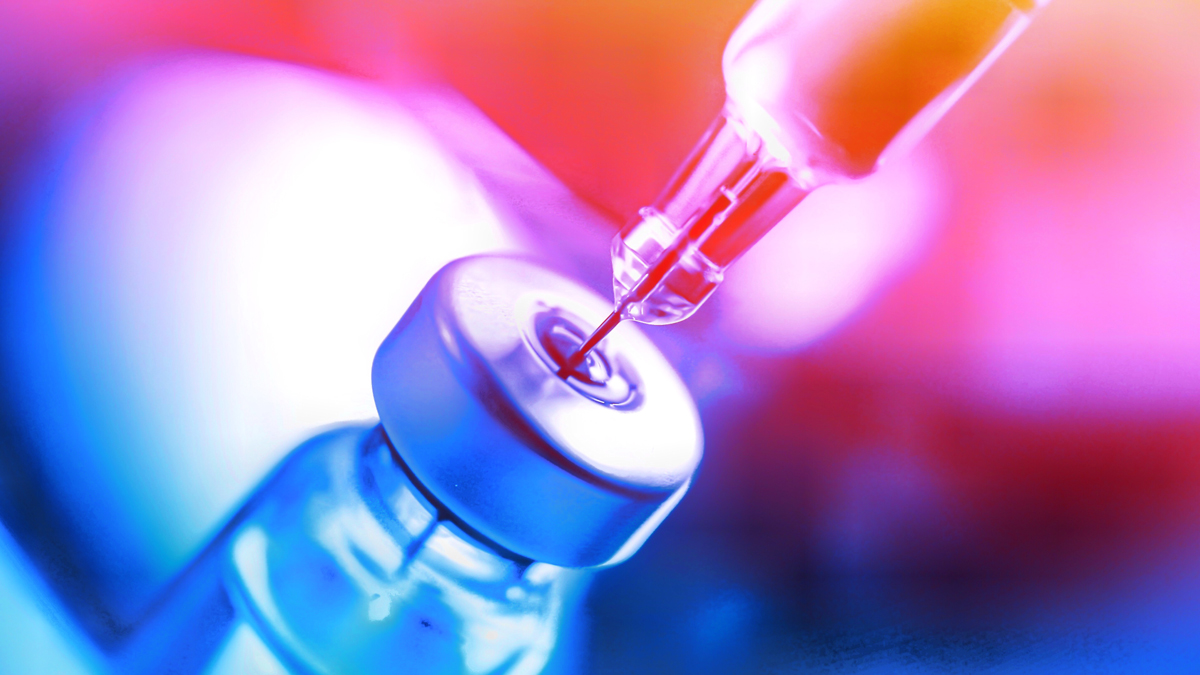Omicron may evade Pfizer/BioNTech COVID jab, says study

Preliminary study results from South Africa have suggested that antibodies stimulated by Pfizer and BioNTech's Comirnaty are less effective against the new COVID-19 variant Omicron.
A study by the African Health Research Institute (AHRI) has found that the less of immune protection was "extensive but incomplete," meaning that some level of immunity was retained against the vaccine.
Similar studies conducted by the AHRI also raised concerns about evasion of protection by the Beta variant of SARS-CoV-2, but the latest tests with Omicron "show much more extensive escape," according to the researchers.
The study was carried out in 14 plasma samples from 12 patients who had been vaccinated with Comirnaty, and tested the ability of the plasma to neutralise Omicron.
There was a 41-fold reduction in neutralisation of the new variant compared to the original "wild-type" strain of SARS-CoV-2, which compared to a three-fold drop with Beta.
However, five samples taken from people who had previously been infected with the virus and also vaccinated with two Comirnaty doses showed relatively high neutralisation antibody levels that would probably protect against severe disease.
AHRI executive director Willem Hanekom said the upshot of the data is that "it is likely that lesser vaccine-induced protection against infection and disease" will be seen with Omicron.
However, he added that "most vaccinologists agree that the current vaccines will still protect against severe disease and death in the face of Omicron infection."
Commentators outside South Africa said the results are a valuable "first glimpse" of how vaccines may perform against Omicron, but should still be treated with caution.
"Whilst the amount of virus killing observed in the lab is reduced markedly…there is still measurable virus neutralisation, especially in those who were vaccinated and previously infected," said Prof Jonathan Ball, a virologist at the University of Nottingham in the UK.
"This group effectively mimics what we would expect in people who had had two doses of vaccine plus a boost," he added.
Ball also pointed out that vaccines also generate T cell immunity and this will probably will be less impacted by the high level of mutations seen in Omicron.
"That's why we still need to get the message across, get vaccinated, get boosted, even if you have been infected before," he stressed.
One encouraging finding from the trial was that the virus has not evolved away from using the ACE2 receptor to enter human cell, and that means antibody drugs developed to treat COVID-19 infection should still work, according to Prof Paul Moss of the University of Birmingham.
GlaxoSmithKline and partner Vir Biotech said yesterday that their sotrovimab antibody retained activity against the full combination of mutations in the spike protein of the Omicron variant in preclinical testing.
There are also signs that Omicron may be less likely to cause severe disease than other variants, including Delta.
Pfizer and BioNTech – who have said they can prepare a new, Omicron-targeted version of Comirnaty within a matter of weeks if necessary – released new data this morning that it says showed a booster dose of Comirnaty provides a similar level of neutralising antibodies to Omicron that was comparable to two doses against wild-type COVID-19 and other variants.












